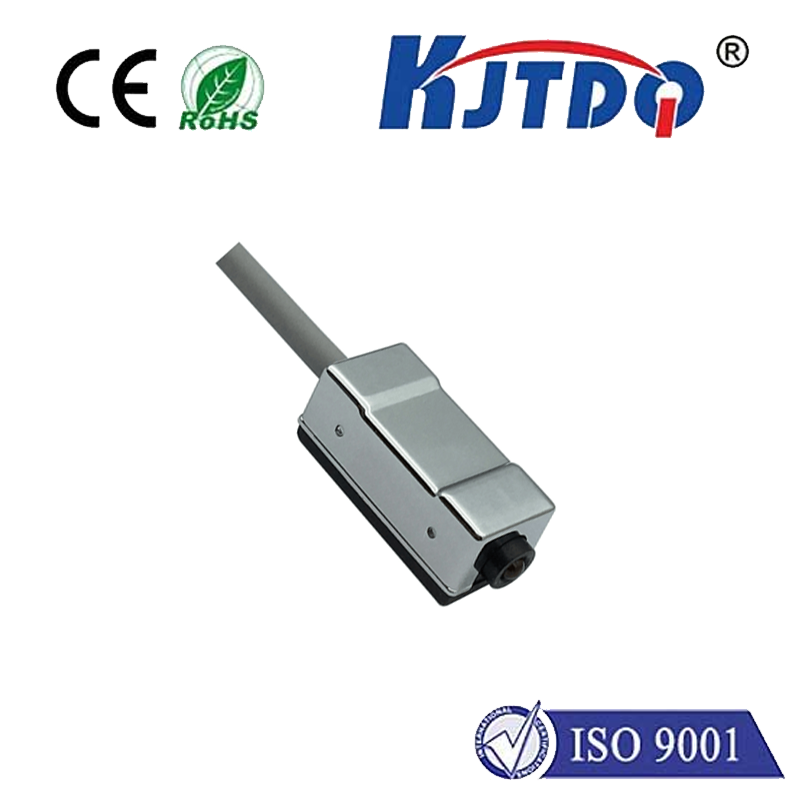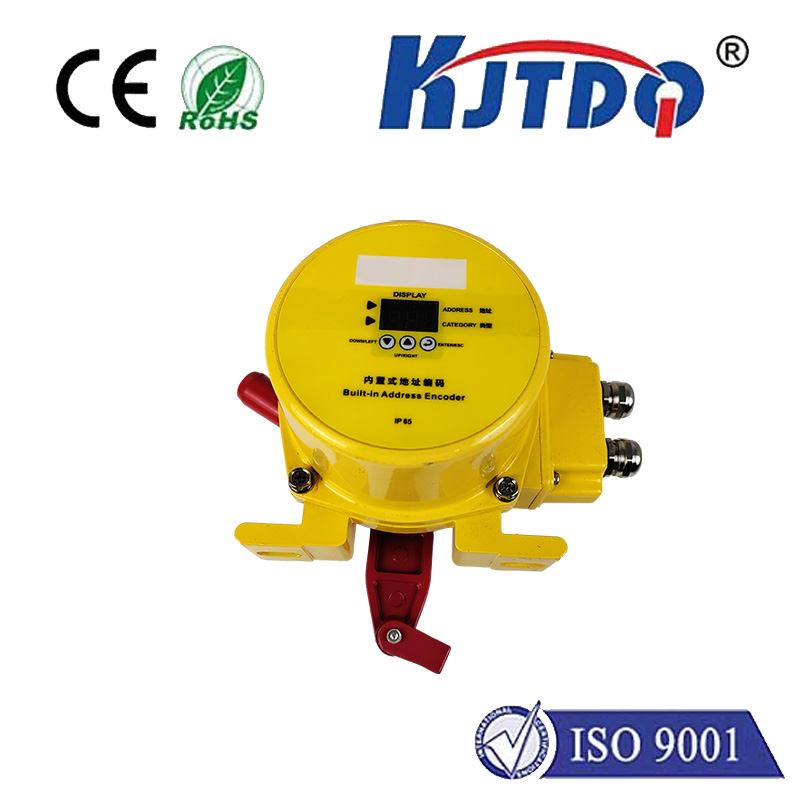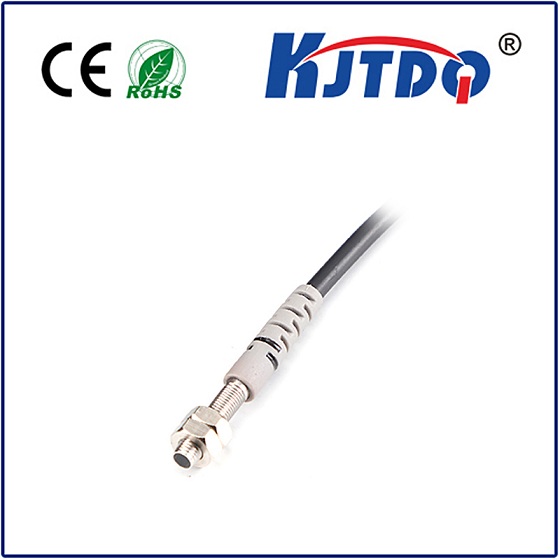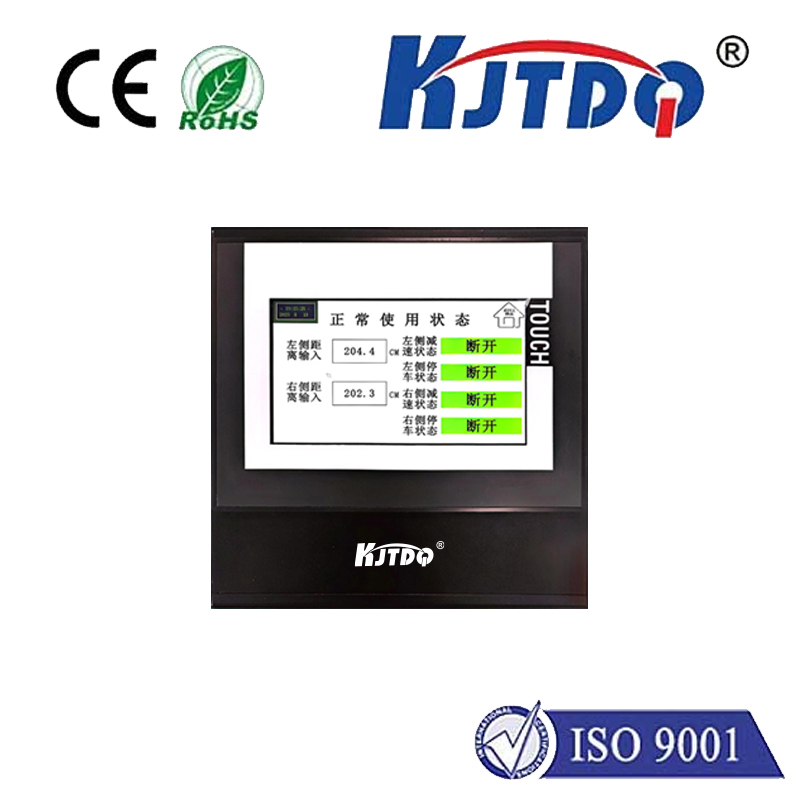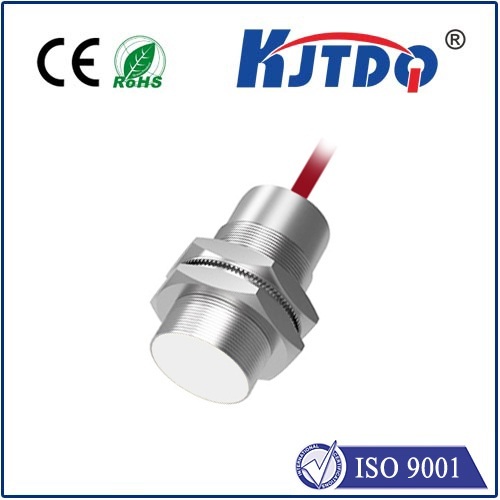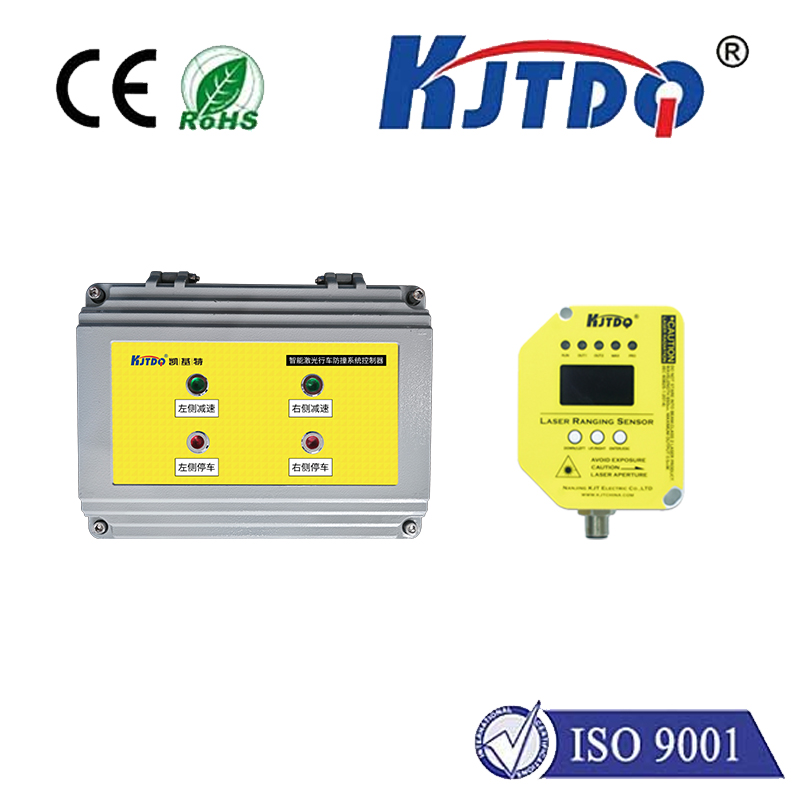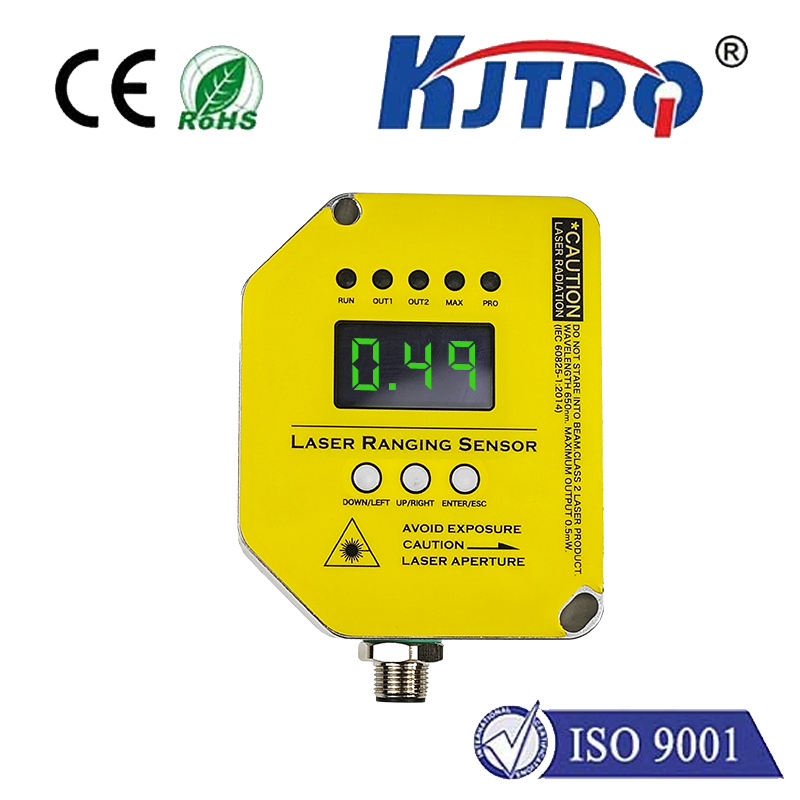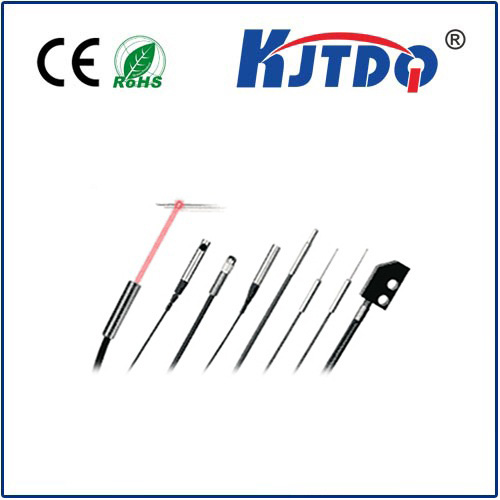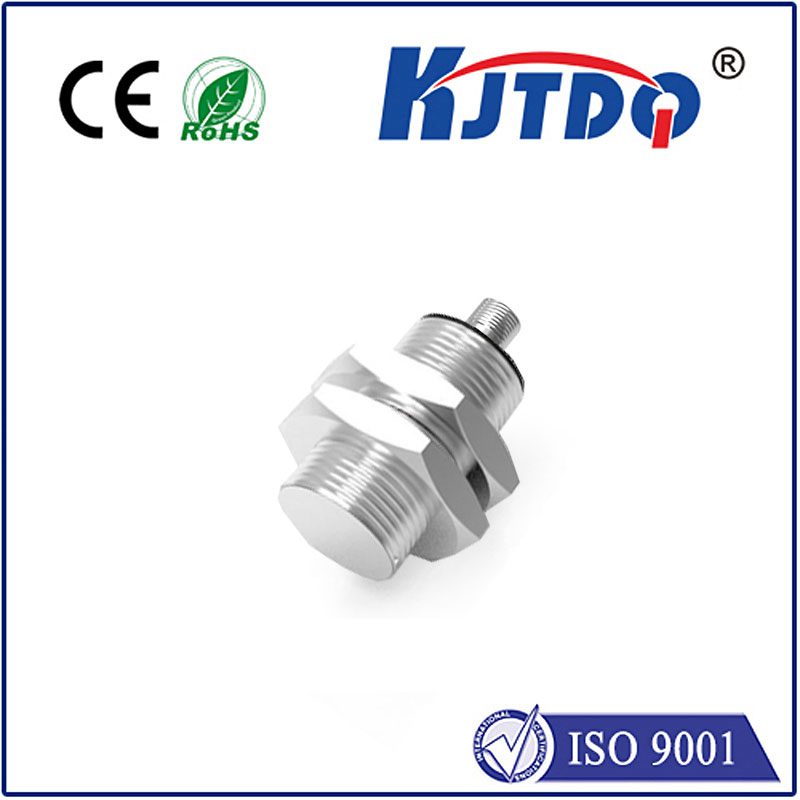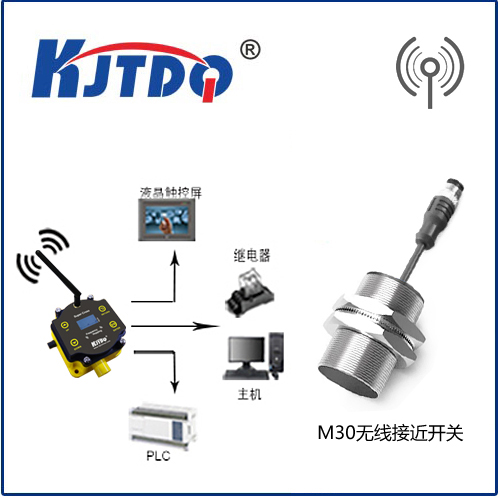

check

check

check

check

check

check

check

check

check

check
Laser Gate Sensor: A Revolutionary Technology in Industrial Automation
The laser gate sensor has emerged as a transformative technology in the field of industrial automation. This innovative device utilizes advanced optical techniques to detect and measure objects with unparalleled accuracy, making it an indispensable tool for modern manufacturing processes.
One of the key advantages of the laser gate sensor is its ability to detect even the smallest objects at high speeds. This makes it an ideal solution for applications such as quality control, material handling, and packaging. By using a laser beam to scan the surface of an object, the sensor can quickly and accurately determine its size, shape, and position, enabling manufacturers to optimize their production processes and reduce waste.

In addition to its precision and speed, the laser gate sensor is also highly versatile, able to operate in a wide range of environments and conditions. Whether it's used in a dusty factory floor or a cleanroom environment, the sensor can be easily integrated into existing systems and provide real-time data on everything from product dimensions to throughput rates.
Another significant benefit of the laser gate sensor is its non-contact nature. Unlike traditional mechanical systems that require physical contact with an object to perform measurements, the laser gate sensor uses a beam of light to scan objects without touching them. This not only reduces wear and tear on equipment but also minimizes the risk of damage to delicate products during measurement.
Furthermore, the laser gate sensor offers unmatched flexibility in terms of customization and integration. With various models available for different applications, manufacturers can choose the best option for their specific needs. Additionally, many laser gate sensors come equipped with software that allows for easy programming and adjustments, ensuring optimal performance across a wide range of tasks.
Despite its many advantages, the laser gate sensor does have some limitations. For example, it may struggle to detect certain types of materials or colors that absorb or reflect light differently than others. Additionally, the cost of implementation can be higher than other solutions, which may make it less accessible for smaller manufacturers or those with limited budgets.
However, these drawbacks are often outweighed by the numerous benefits provided by the laser gate sensor. As technology continues to advance and improve, it is likely that we will see further innovations in this area, leading to even more efficient and effective industrial automation processes.
In conclusion, the laser gate sensor represents a groundbreaking technology that has revolutionized industrial automation. Its precision, speed, versatility, and non-contact nature make it an essential tool for modern manufacturing processes. While there may be some limitations, the benefits far outweigh any drawbacks, making the laser gate sensor a game-changer for businesses looking to stay ahead in today's competitive marketplace.
